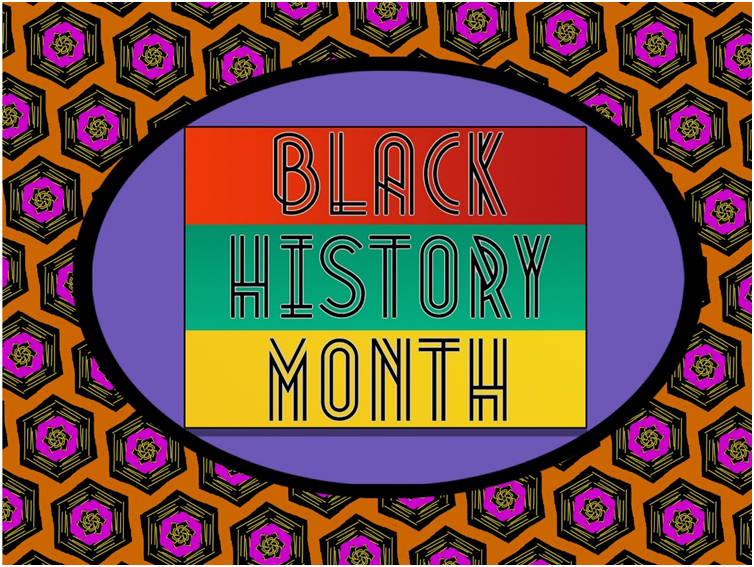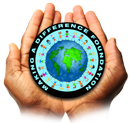
Langston Hughes (1902-1967), American poet, social activist, novelist, playwright, and columnist.
Rosa Parks(1913-2005), civil rights activist who helped end segregation.
Washington Carver(1864-1943), scientist and educator, famous for many inventions including a number of uses for the peanut.
Bessie Coleman (1892-1926), civil aviator and the first black woman to fly an airplane.
Booker T. Washington(1856-1915), founder and first president of Tuskegee Normal and Industrial Institute(now Tuskegee University).
Rudolph Fisher(1897-1934), physician, radiologist, novelist, short story writer, dramatist, musician, and orator – all before his death at the age of 37.
Harriet Tubman (1822-1913), Underground Railroad “conductor,” abolitionist, Union spy, and suffragist.
Phillis Wheatley (1753-1784), born into slavery and the first African-American woman to publish a book of poetry.
Ida B. Wells(1862-1931), journalist and activist who led an anti-lynching crusade in the United States in the 1890s. She also fought for woman suffrage.
Maya Angelou (1928-2014), American poet, singer, memoirist, and civil rights activist.
This is just but a small list of people, some famous, some not, who have two things in common: they were all African-Americans who also made great contributions to our world and way of life.
Art, music, dance, literature, sports, healthcare, law, education, innovation, activism, and technology; no matter the field, Black people have made an undeniable mark that have touched people from all races, cultures, and countries.
And they, like so many more, are the reason we celebrate Black History Month. Because many people don’t know anything about the contributions made throughout history by Black members of the community.Their history has been taught or has been downplayed, ignored, or forgotten for far too long.
February is designated as Black History Month so all people can learn about this rich history and celebrate the African-American culture and people.
Why is this important? Doing so can help bridge the racial divide and systemic racism that we still see today. Learning diversity can help dispel the myths, stereotypes, and unknowns that too many people find uncomfortable.
For young Black people, it is important that the hardships their ancestors faced are acknowledged and that they understand and believe that regardless of their race, history, or circumstances, they too can succeed and make a difference over all odds.
Whether you are a part of the Black community or not, everyone can learn about and celebrate the richness of their experiences, contributions, and history. We encourage all people, from all demographics, across all walks of life, to get involved, learn more, and discover how to support and uplift those who are a part of the Black community.
While Black History Month has its share of controversy, it is important to keep recognizing the reason for this celebration, the problems that need facing, and ways we can keep moving forward toward greater understanding and a more equitable society. And once we do, maybe we can, together, normalize the recognition and teach ALL history for ALL people, as one.

